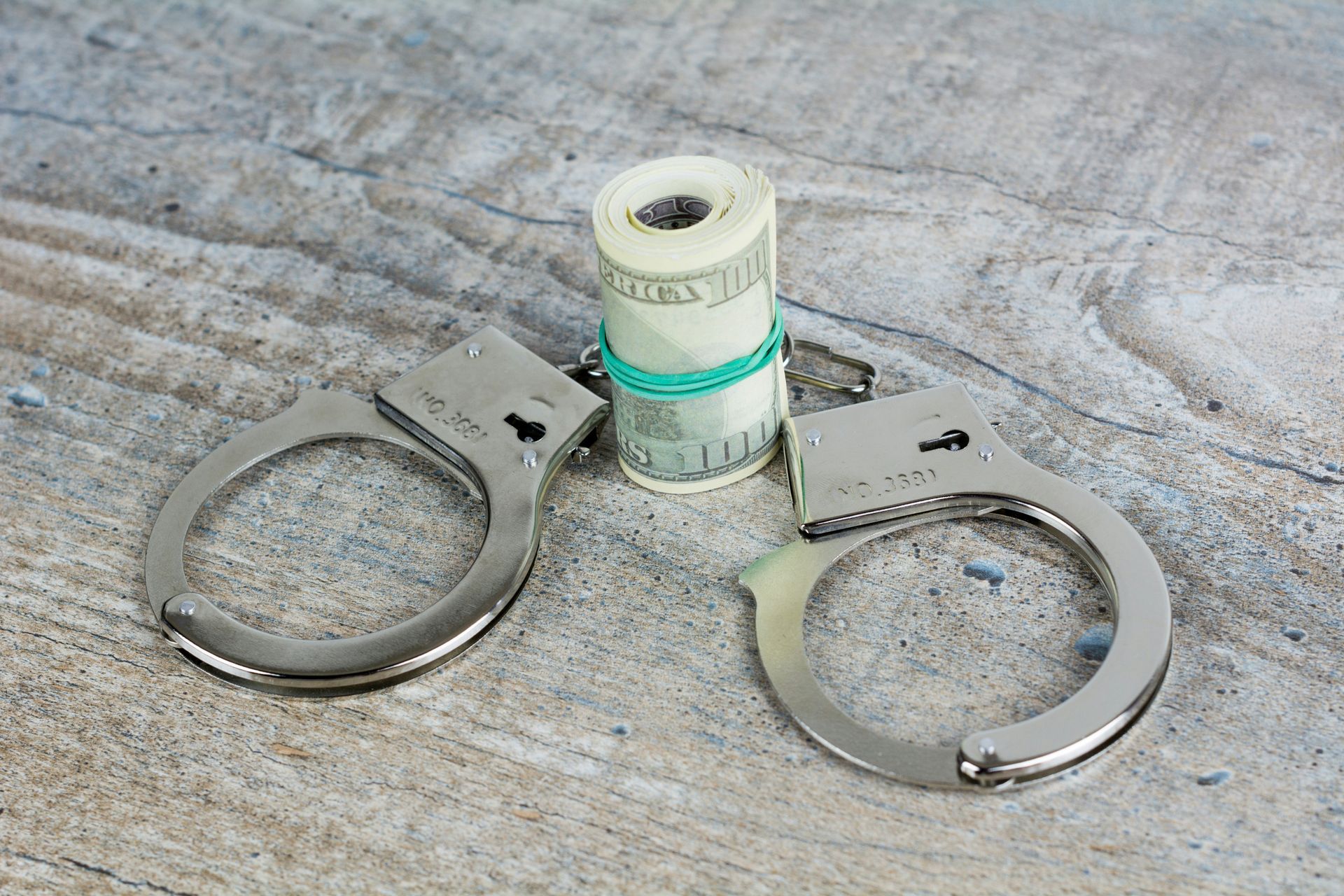What To Know Before Hiring A Licensed Bail Bondsman
Gordon Wright • March 1, 2023
This is a subtitle for your new post

What You Need To Know Before Hiring A Licensed Bail Bondsman
It can be frightening to help a loved one get out of jail.
This is especially true if you are unfamiliar with bail or how the whole process works in Salt Lake and Utah Counties. Because of this, your family and friends may recommend a licensed bail bond agent. But what should you do before you call them? What should you know?
Before you call an agent, it is important to understand the basics. This will make it easier to navigate getting your friend or family out of jail. Here are some facts that will help explain bail bonds and what responsibility you must take before calling a bail bond agent.
1. A Bail Bond Isn't Always Necessary
There are other options than a bail bond.
For example, you can pay the bail amount using your own money. By doing this, you may be able to save money if the defendant appears at all court dates. However, it's important to remember that you are taking on the risk and may end up paying for the whole bond amount.
Furthermore, you can also use tangible assets as collateral. These include real estate, stocks, personal bonds, and bank accounts. Finally, when you initially call the bail bond agent, you can ask about the acceptance criteria of the bond judge.
2. Bail Bond = A Loan
In Salt Lake and Utah Counties, a person arrested is immediately taken into custody. They are held in jail until they are called for a bail hearing, where a judge determines a bail amount.
If the arrested person wants to be released, they must pay the bail amount to the court. The bail amount is returned as long as the defendant appears for all court dates.
When hiring a licensed bail bondsman, they provide the court with a bond so the defendant can be released. This bond acts as a loan; just like all loans, there is a fee. Unfortunately, this fee cannot be refunded.
3. It's Your Responsibility To Make Sure The Defendant Appears in Court
You must understand that signing a bail bond for a friend or relative means, you agree to assume financial responsibility if they fail to appear in court.
Let's say, for example, that a judge has set bail at $5,000. The bail bond fee will be waived if the defendant appears at all court dates. However, since someone needs to pay the bail, you may be required to pay $5,000 if the defendant fails to appear in court.
4. The State Of Utah Regulates All Bail Agencies
Utah's licensed bail bond industry is managed and regulated by the Insurance Department.
The department also handles complaints about bail bond producers and agencies. They receive complaints through many channels, including consumers, insurers, and courts.
The department can investigate and take disciplinary action by suspending, revoking, or refusing the bail bond producer/agency license renewal. It may also impose fines and forfeitures. Finally, the department may make any necessary rules.
Need fast, reliable bail help? Call Utah Bail Bonds 24/7 — we're here when you need us most!











